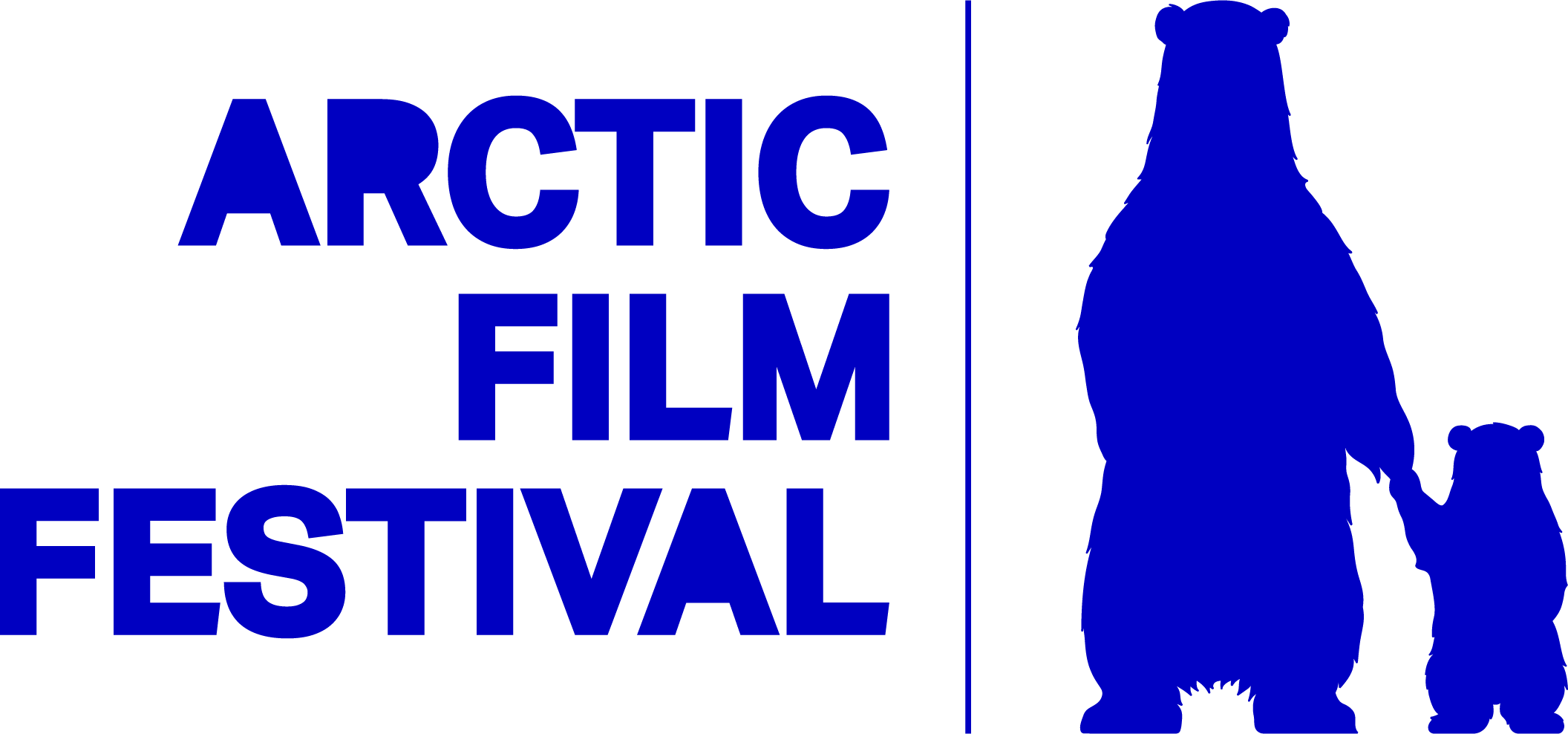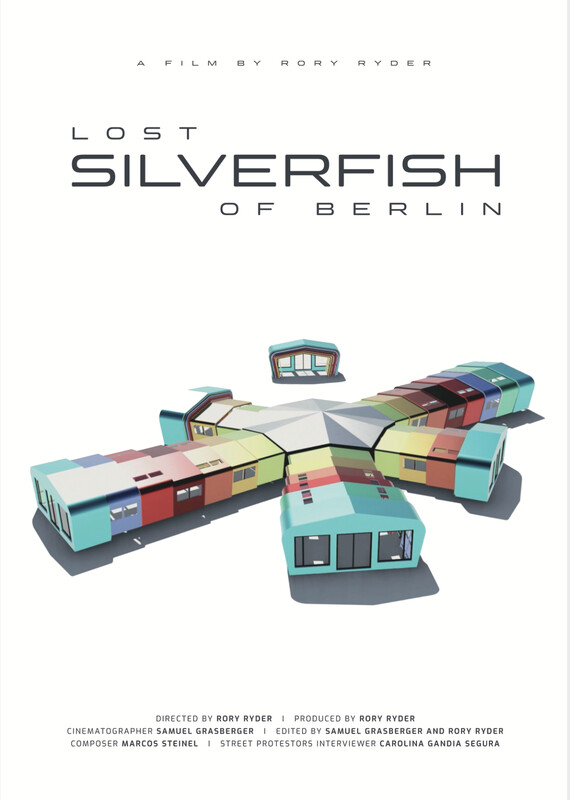Lost Silverfish of Berlin
Film Info
Film Year: 2024
Film Duration: 59 min
Country: United Kingdom
Language: English
Director
Rory Ryder
Film Category
Synopsis
In a city defined by its rich history and ongoing housing challenges, filmmaker Rory Ryder embarks on a journey that takes an unexpected turn. While investigating Berlin’s deepening housing crisis and the government’s inadequate responses, Rory stumbles upon a mysterious, forgotten building from the past: the Silverfish. Once a vital part of the post-war architectural landscape, the Silverfish had faded from memory—until now. As Rory explores further into its history, he begins to see the building not just as a relic of the past but as a potential revolutionary solution to many of today’s global problems. “Lost Silverfish of Berlin” is the first film to tell the untold story of these once-prominent structures, constructed in East Germany after World War II to meet the need for emergency housing and other building needs. The film uncovers their historical significance while envisioning their potential to address contemporary housing challenges. Through a compelling blend of interviews with urban planners, architects, and historians, Rory also meets people who remember the Silverfish buildings and others who still feel a strong connection to them today. Featuring exclusive footage and a rare interview with the Silverfish’s inventor, whom Rory tracked down before his passing, viewers are taken on an incredible journey that reimagines this forgotten building as a sustainable, dignified solution that could also help bring communities together. From the rise of tiny homes and mobile living to emergency shelters in disaster zones, the Silverfish concept bridges modern-day needs. In the film Rory proposes a bold new vision, one that could offer shelter, community, and hope to hundreds of millions of people worldwide. The film not only shines a light on Berlin’s housing struggles but also offers a global perspective on how this forgotten structure, lost to history, might hold the key to solving some of the most pressing challenges of our times.


